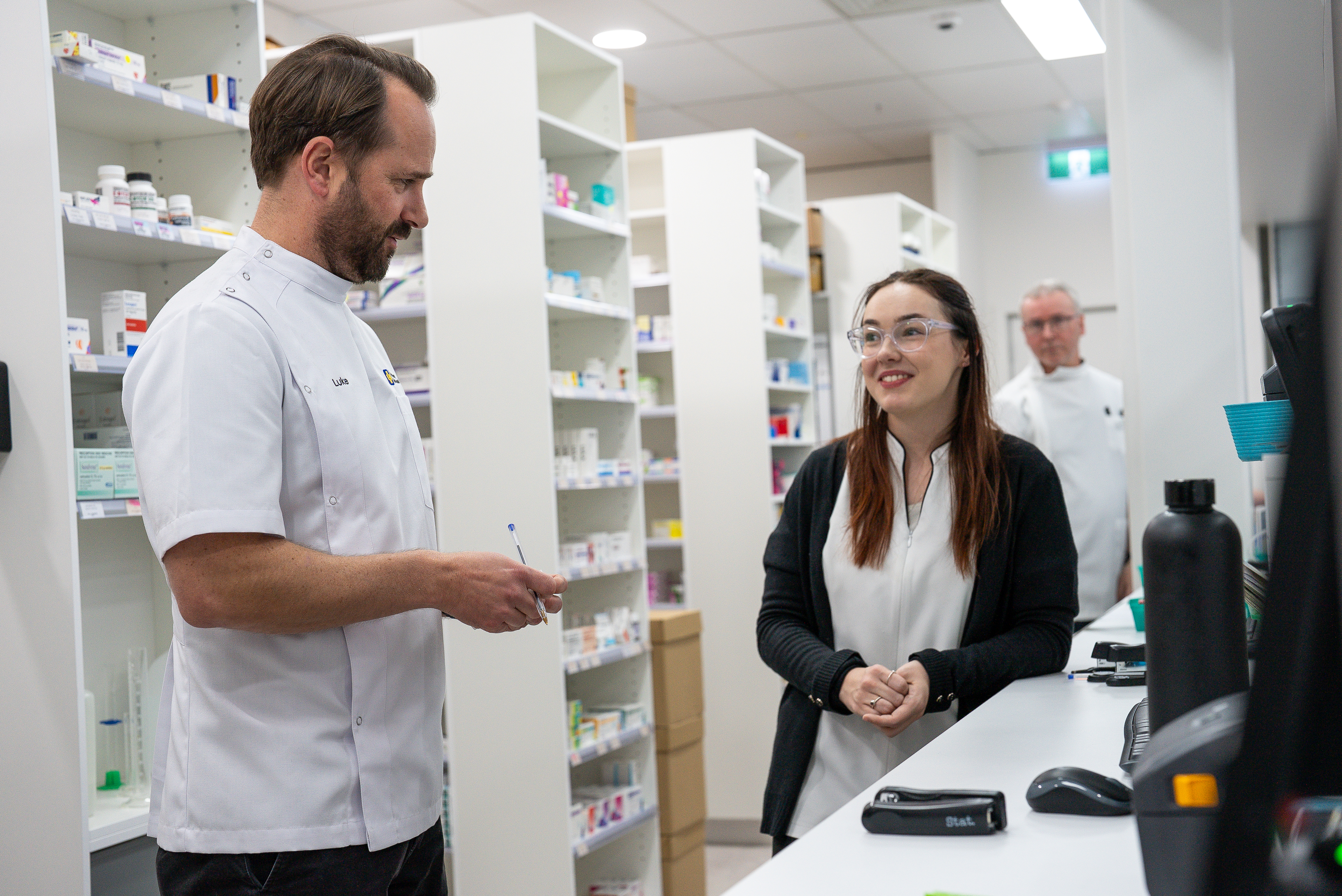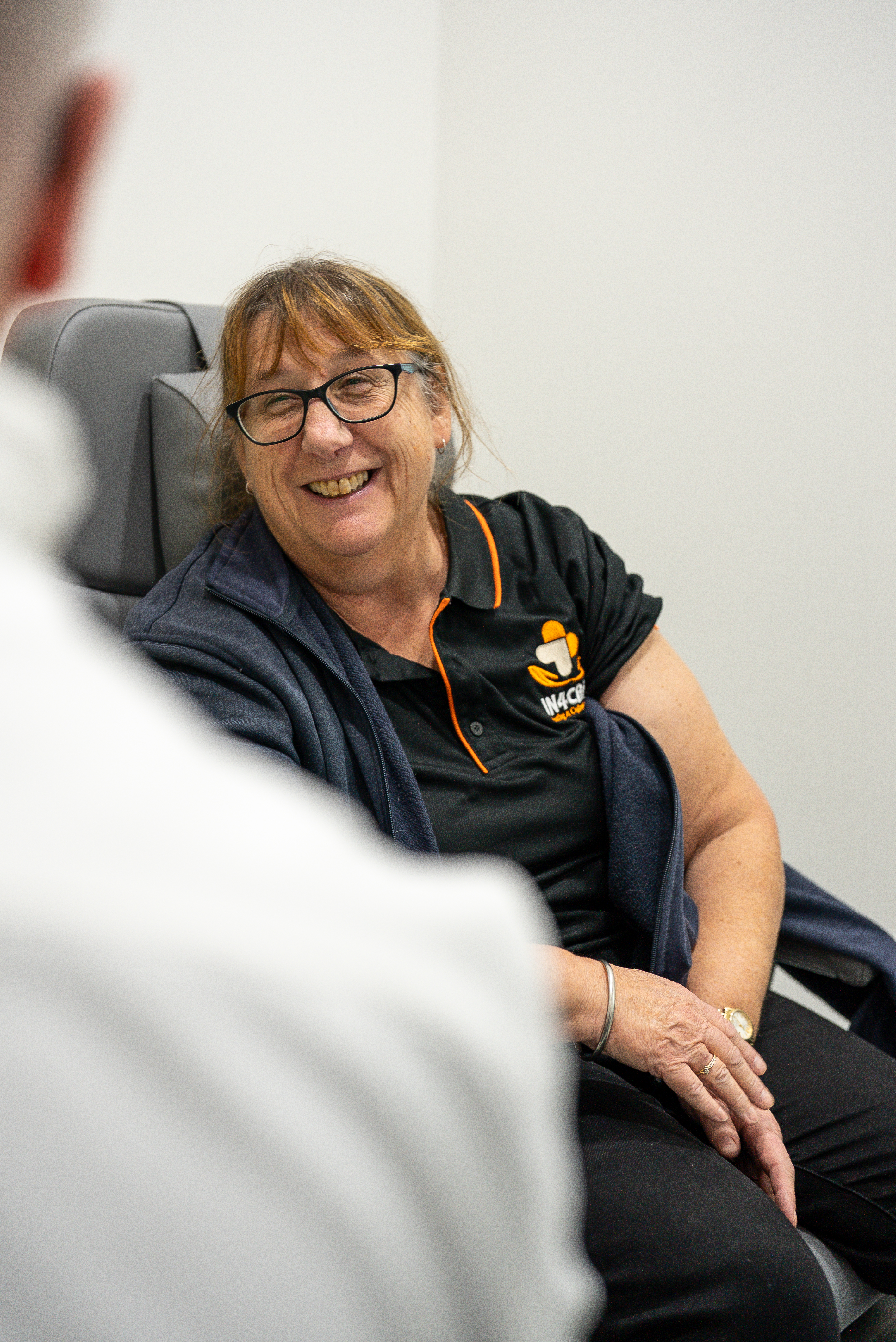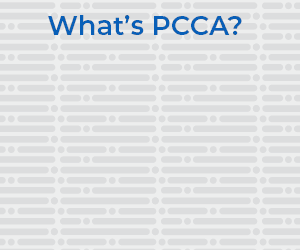As community pharmacies take on a wider range of services and adopt the updated Australian Community Pharmacy Standard (AS85000:2024), an important new focus is the use of patient-reported measures.
PRMs are gathered through well-researched, validated questionnaires which ask patients about both their healthcare experiences and the results of their care.
The aim is to provide pharmacies with regular, meaningful feedback which should help them keep improving and delivering truly patient-focused services.
When this information is grouped together, it can also help assess how well community pharmacies are providing primary healthcare services and whether these services are having the intended impact.
There are two main types of PRMs used to support ongoing improvements in pharmacy care:
Patient-Reported Experience Measures (PREMs)
PREMs come directly from the patient – with no interpretation or filtering by the pharmacist. This feedback covers things like the quality of communication, whether the patient felt respected, and whether they felt genuinely seen and heard. These questions give patients a chance to share their experience of the services provided through their local pharmacy.
Patient-Reported Outcome Measures (PROMs)
PROMs focus on the patient’s health results after using a pharmacy service. They might include questions about improvements in symptoms or conditions, correct use of medicines or treatments, confidence in managing their own health, and how well they were able to follow advice.
By looking at both PREMs and PROMs, pharmacies can monitor their performance and ensure patient services are continually improved and, importantly, centred around a patient’s expectation of care.
Benefits for patients and pharmacists
For patients, these measures encourage active involvement in managing their own health and making informed decisions, leading to increased participation in patient-centred care experiences.
For pharmacists, they strengthen their role in improving health outcomes while ensuring services remain focused on patients’ choices, needs and expectations. This process will in turn build trust and foster strong partnerships between patients and their community pharmacists.
Although PRMs are still being developed, the community pharmacy sector recognises the importance of collecting this information in a consistent way across the country, gathered via well-researched, validated questionnaires.
Doing so will provide high-quality data which supports and strengthens the role of community pharmacies in primary healthcare.












